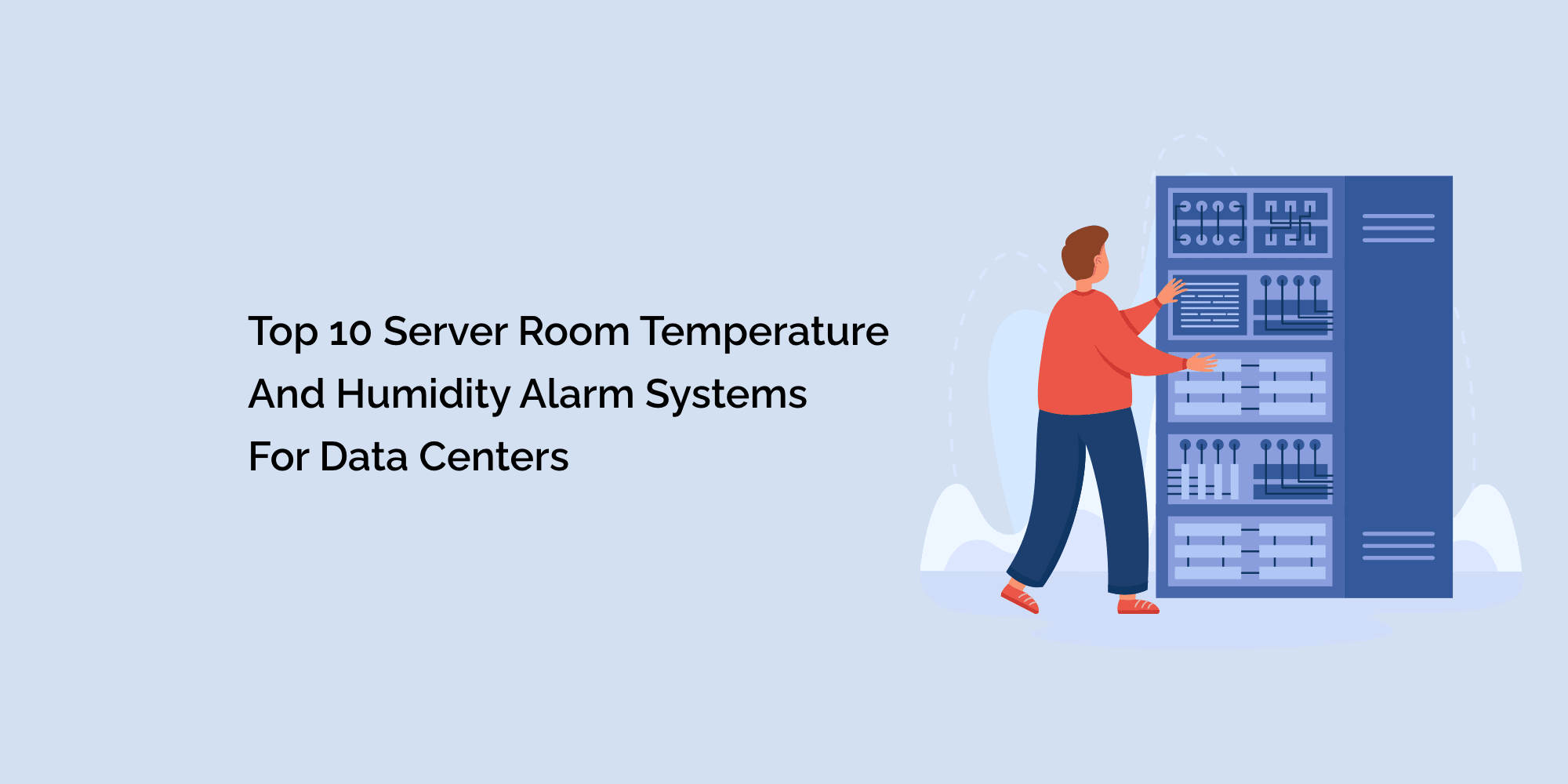Temperature and humidity control are vital for data center equipment's optimal performance and reliability. Server rooms, the heart of data centers, require robust monitoring systems to ensure environmental conditions remain within acceptable limits. This blog will explore the top 10 server room temperature and humidity alarm systems for data centers. These advanced systems provide real-time monitoring, alerts, and notifications, allowing data center operators to take immediate action to prevent equipment failures and downtime. We will discuss their features, capabilities, and benefits, helping you decide when to choose a temperature and humidity alarm system for your data center.
System A
System A offers comprehensive temperature and humidity monitoring for data centers. Its advanced sensors provide accurate readings and can be easily integrated into existing infrastructure. The system features real-time monitoring, customizable alerts, and remote access for convenient management.
System B
System B is known for its scalability and flexibility. It supports many sensors, allowing data center operators to monitor multiple server rooms simultaneously. The system's user-friendly interface and customizable reporting make it popular among data center managers.
System C
System C excels in its ability to provide both local and remote monitoring. Its centralized dashboard comprehensively views temperature and humidity levels across multiple server rooms. The system's intelligent algorithms analyze data for predictive insights and proactive alerts.
System D
System D stands out for its robust security features and compliance capabilities. It offers encrypted data transmission, access control, and audit trails to meet stringent security and regulatory requirements. The system's integration with building management systems further enhances its functionality.
System E
System E focuses on energy efficiency and sustainability. It monitors temperature and humidity and offers energy usage insights and optimization suggestions. The system's intelligent algorithms help data centers reduce energy consumption and lower operating costs.
System F
System F is known for its ease of installation and user-friendly interface. It provides real-time monitoring, customizable alerts, and historical data analysis. The system's intuitive mobile app allows for convenient monitoring and management.
System G
System G offers advanced analytics capabilities, utilizing machine learning algorithms to identify trends and anomalies in temperature and humidity data. The system provides predictive maintenance recommendations, helping data center operators address potential issues before they escalate.
System H
System H excels in its integration capabilities, allowing seamless integration with other data center infrastructure management (DCIM) systems. This integration provides a holistic view of the data center environment, enabling proactive management and enhanced operational efficiency.
System I
The system offers cloud-based monitoring, providing data center operators real-time access to temperature and humidity information from anywhere. The system's multi-site management feature allows centralized control of geographically dispersed data centers.
System J
System J is renowned for its reliability and durability. Its robust sensors are designed to withstand harsh environments, ensuring accurate monitoring even in challenging conditions. The system's long battery life and low maintenance requirements make it a dependable choice for data center operators.
Certainly! Here are some frequently asked questions (FAQs) about server room temperature and humidity alarm systems for data centers:
Why are temperature and humidity alarm systems important for data centers?
Temperature and humidity alarm systems are crucial for data centers as they help ensure optimal operating conditions for sensitive equipment. These systems provide the following:
- Real-time monitoring and alerts.
- Allowing data center operators to take immediate action to prevent equipment failures.
- Downtime.
- Potential data loss.
What are the risks of inadequate temperature and humidity control in data centers?
Inadequate temperature and humidity control in data centers can lead to several risks, including reduced equipment lifespan, increased energy consumption, decreased server performance and reliability, higher probability of hardware failures, potential data corruption or loss, and non-compliance with industry regulations.
How do temperature and humidity alarm systems work in data centers?
Temperature and humidity alarm systems consist of sensors placed in critical areas of the data center. These sensors continuously monitor temperature and humidity levels and transmit the data to a centralized monitoring system. If the readings exceed predetermined thresholds, the system triggers alerts and notifications, enabling timely intervention to rectify environmental issues.
Conclusion
Choosing the right server room temperature and humidity alarm system is crucial for data center operators to maintain optimal environmental conditions and prevent equipment failures. The top 10 systems mentioned in this blog offer a range of features and capabilities to suit different data center requirements. Whether it's real-time monitoring, customizable alerts, energy efficiency optimization, or integration capabilities, these systems provide the tools necessary to ensure data centers' smooth and reliable operation. When selecting a plan, consider your specific needs, budget, and scalability requirements. Remember to consult with professionals or experts in data center management to ensure the chosen system aligns with your data center's unique demands. Investing in a reliable and effective server room temperature and humidity alarm system can protect your data center equipment, minimize downtime, and maintain the integrity of your critical data and services.








